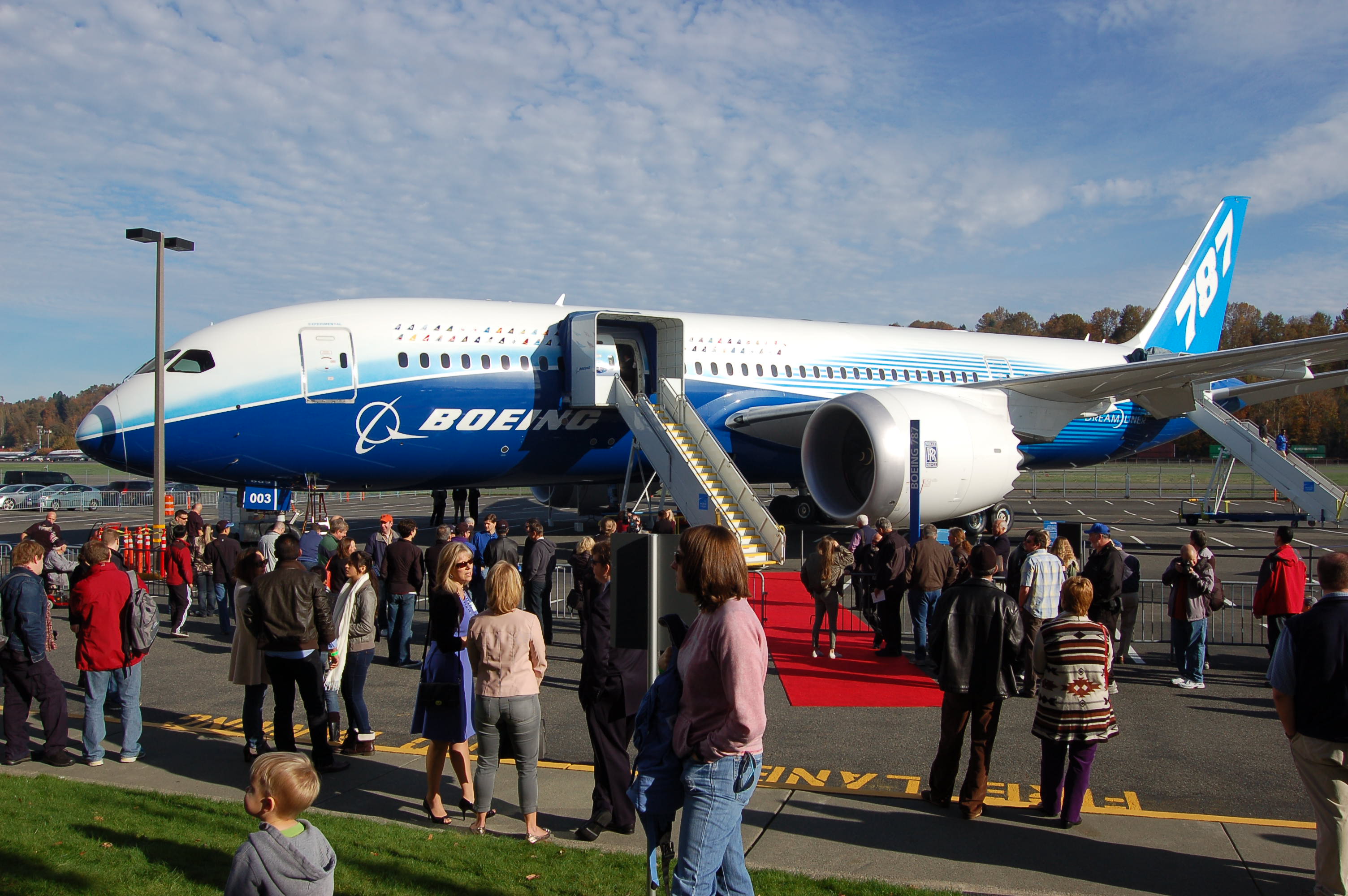
According to aerospace analyst David Strauss at UBS, Boeing was able to pull forward advances and progress payments for new airplanes due to the “very strong order cycle and increasing production rates over the last several years driving large customer prepayments.”
Here is how the aircraft maker gets paid for a new airplane, according to Strauss, as cited by Leeham News & Comment:
When a customer places an order, assuming an order is for further out than 18-24 months, Boeing collects a small down payment at ~2% of the purchase price (1% of list), which is recorded as an advance (liability) on its balance sheet. Then roughly 18-24 months prior to delivery, the customer begins making additional payments to Boeing, with roughly 40% of the purchase price (20% of list) in total due prior to delivery. Initially, these prepayments are also recorded as advances.
Once Boeing begins aircraft production, it re-classifies advances as progress payments, which is a contra asset within its inventory account. The customer pays the remaining ~60% balance at the time of delivery.
ALSO READ: Airbus, Boeing Plan to Make Flying Even More Uncomfortable
UBS says that its model for estimating Boeing’s advances and prepayments has “correlated well with actual prepayments other than during 2014.” Strauss also notes that total prepayments are forecast to average around $2 billion for 2015 through 2017, about $2 billion to $3 billion less than the average for 2011 through 2014. Boeing’s average FCF for the four years from 2011 through 2014 is $5.2 billion, according to data compiled by MarketWatch.
Strauss outlines UBS’s forecast for Boeing ahead of the company’s scheduled April 22 earnings announcement:
We think cash generation will come through below expectations as 787 cash costs improve at a continued slow pace, while tougher pricing in the backlog, pension and cash taxes are headwinds. We continue to see risk to the large aircraft production cycle, as deliveries as a percentage of the installed base are well above normal levels, while higher interest rates have the potential to limit further growth and cheap fuel makes older aircraft more attractive relative to new.
The headwinds that UBS outlines could be magnified by the loss of loan guarantees if the U.S. Export-Import Bank’s charter is not renewed in June. That could force the company to provide the loan guarantees itself and add to its FCF difficulties. Other headwinds include orders for the current version of the 777 and deferred production charges that could continue to rise for the next quarter or two.
Boeing shares were down fractionally Tuesday morning, at $152.78 in a 52-week range of $116.32 to $158.83.
ALSO READ: How Many $6.6 Billion Orders Will Boeing Take Without the Ex-Im Bank?
It’s Your Money, Your Future—Own It (sponsor)
Retirement can be daunting, but it doesn’t need to be.
Imagine having an expert in your corner to help you with your financial goals. Someone to help you determine if you’re ahead, behind, or right on track. With SmartAsset, that’s not just a dream—it’s reality. This free tool connects you with pre-screened financial advisors who work in your best interests. It’s quick, it’s easy, so take the leap today and start planning smarter!
Don’t waste another minute; get started right here and help your retirement dreams become a retirement reality.
Thank you for reading! Have some feedback for us?
Contact the 24/7 Wall St. editorial team.



